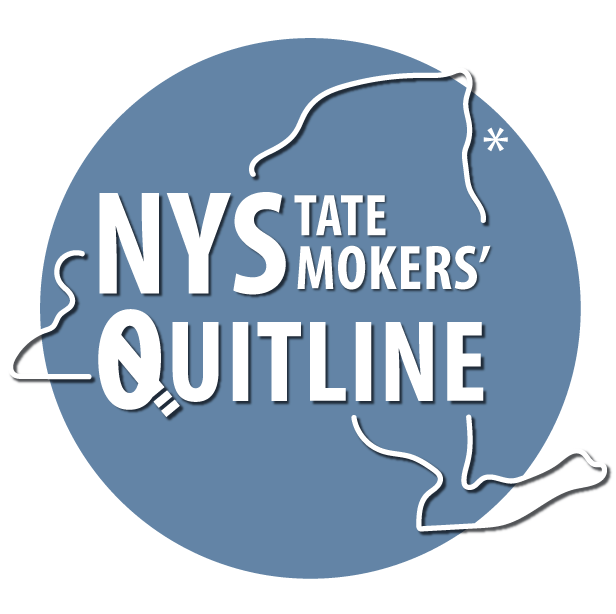
Talk to your patientsTake the time, make a difference
Whether you are a physician, nurse, dentist, social worker, mental health counselor, respiratory therapist, or allied health professional, we know healthcare professionals can make a difference in their tobacco-using patient’s quit process. A brief conversation with your patient can help promote quit motivation, reinforce nicotine as a treatable condition, facilitate quit planning, and lead to a quit attempt.
The
5As
can be used as a guide to address tobacco use with your patients.Ask
Ask about their tobacco use at every visit.
Advise
Advise tobacco users to quit. Be firm, clear, and personal. Ambivalence is common.
Try to be non-judgmental when responding to your patient's feelings about quitting and tobacco use.
Assess
Assess how ready your patient is to quit tobacco use.
Stages of change and numeric scales are useful to determine readiness to quit tobacco.
Assist
Assist in a quit attempt.
- Medications and Nicotine Replacement Therapy
- Counseling, in combination with cessation medications, will improve the chances of successful quitting
Arrange
Arrange follow-up support.
- Telephonic or in person outreach within the patient’s quit-date week
- Refer follow-up support through the Quitline
- Refer to local programs
- For other tobacco users, address tobacco use at each visit
2x
the chance of a successful quit attempt for your patients.
Most health plans cover stop-smoking medications, including nicotine replacement therapy prescribed by a healthcare professional.
NYS Medicaid covers evidence-based smoking cessation treatment, including all seven FDA-approved medications, when prescribed. Private health insurance and Medicare plans vary.
Most health plans cover stop-smoking medications, including nicotine replacement therapy prescribed by a healthcare professional.
NYS Medicaid covers evidence-based smoking cessation treatment, including all seven FDA-approved medications, when prescribed. Private health insurance and Medicare plans vary.
Please use the following for your patient’s post-visit summary –
Most nicotine replacement therapy is covered by health insurance. Please visit nysmokefree.com for more information about quitting smoking.
Most nicotine replacement therapy is covered by health insurance. Please visit nysmokefree.com for more information about quitting smoking.
Learn more about –
Last updated 5/21/2021 3:34 PM



 Print Me!
Print Me!



Follow us
News, program updates, and support to quit: